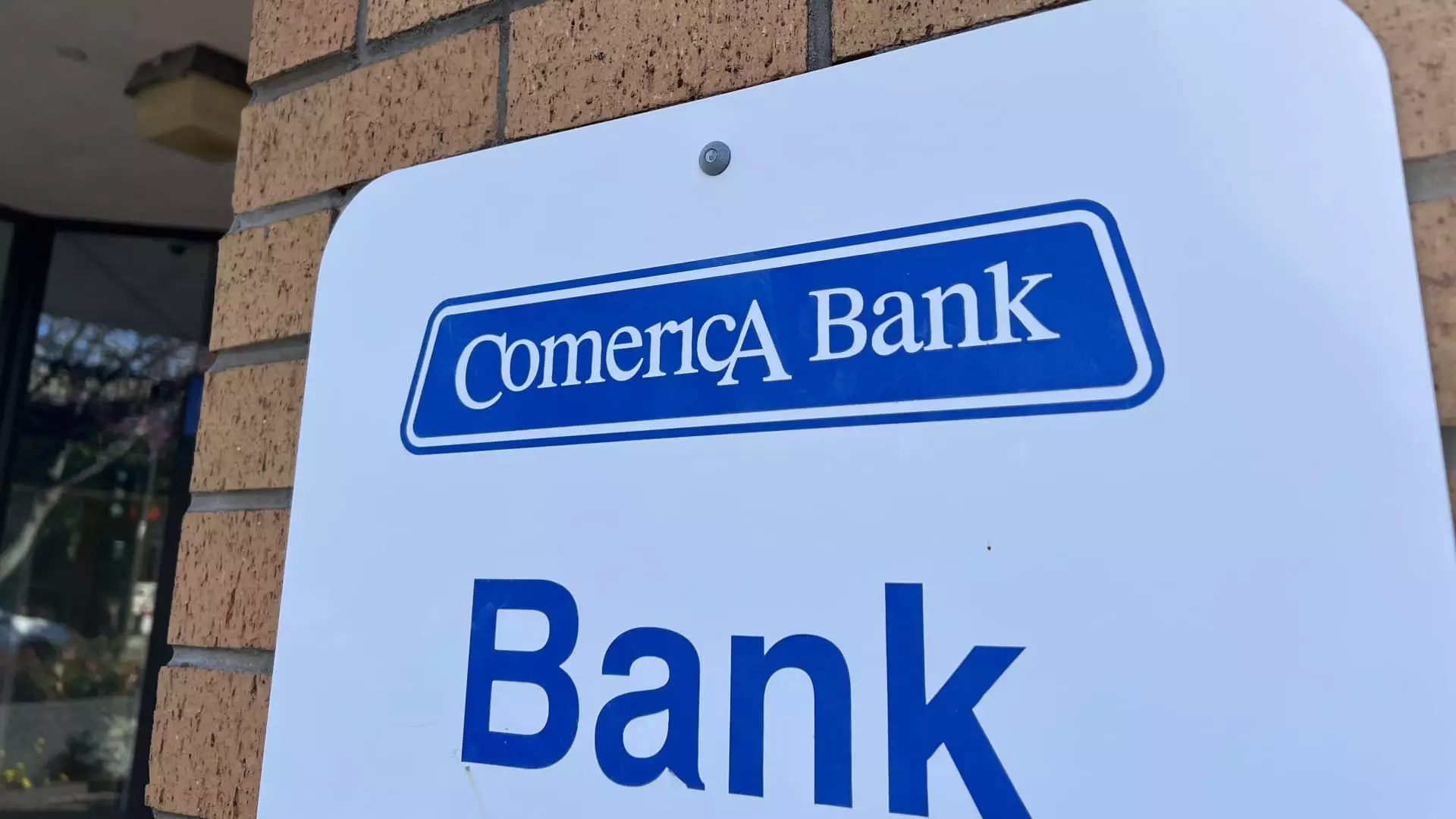In a significant legal maneuver, the Consumer Financial Protection Bureau (CFPB) has lodged a serious complaint against Comerica Bank, focusing on its alleged failures in managing the Direct Express prepaid debit card program. This program, aimed at providing federal benefits to vulnerable populations, is designed for individuals who often rely on these funds for their basic needs. The CFPB’s claims emphasize not just systemic mismanagement but also intentional wrongdoing that purportedly harmed millions of Americans, particularly those living on fixed incomes.
According to the CFPB, Comerica Bank has engaged in a series of actions that display a blatant disregard for the needs of its customers. Key allegations include the intentional termination of over 24 million customer service calls and the unduly charging of ATM fees to more than a million cardholders. The most troubling aspect, however, pertains to the bank’s handling of fraud complaints, which suggests a deeper issue of negligence or systemic failure. Rohit Chopra, the CFPB Director, articulated the gravity of the situation by indicating that Comerica’s actions were designed to bolster profits at the expense of those who could least afford it.
The Direct Express program serves as a lifeline for millions, providing access to federal benefits for families depending on Social Security and other critical assistance programs. Many beneficiaries of this program include elderly individuals and those with disabilities, demographics that often lack traditional banking options. By utilizing prepaid debit cards, these individuals can manage their expenses—such as groceries and transportation—without the need for a bank account. The importance of a well-functioning customer service system cannot be understated in this context; failures in assistance can lead to dire financial consequences for these vulnerable groups.
Comerica’s Defense Strategy
In response to the CFPB’s allegations, Comerica Bank has launched a counter-offensive. The bank argues that its actions were taken under the oversight and with the approval of the federal government. Comerica asserts it has cooperated thoroughly throughout the CFPB’s investigation, providing data and relevant context that highlight the complexities of administering such a program. A spokesperson for the bank indicated that the CFPB has not adequately considered this context, suggesting an ongoing misunderstanding regarding the bank’s role as a financial agent for the program.
Historical Context and Implications
This legal battle is not an isolated incident. The CFPB has a history of holding financial institutions accountable for mismanagement of funds intended for vulnerable populations. Just last year, Bank of America faced significant fines for similar issues regarding unemployment benefits mismanagement. The implications of this case extend beyond Comerica; they raise critical questions about the accountability of financial institutions when it comes to public welfare programs.
As the lawsuit unfolds, the potential ramifications for Comerica Bank and its customers remain to be seen. The outcome could influence not only the future operations of the Direct Express program but also serve as a warning to other financial entities that mishandling federal benefits can lead to severe penalties. Ultimately, the crux of this issue highlights the importance of customer service in financial operations, especially when serving populations that depend heavily on such services for their daily survival.

